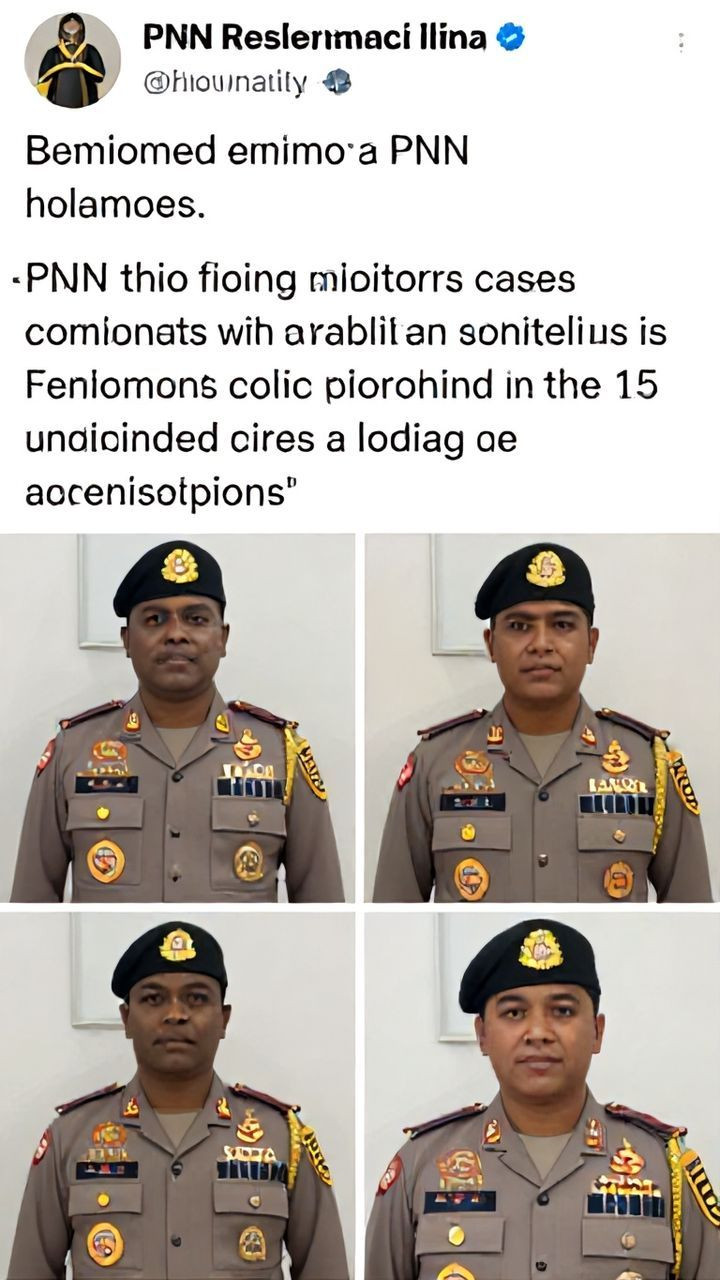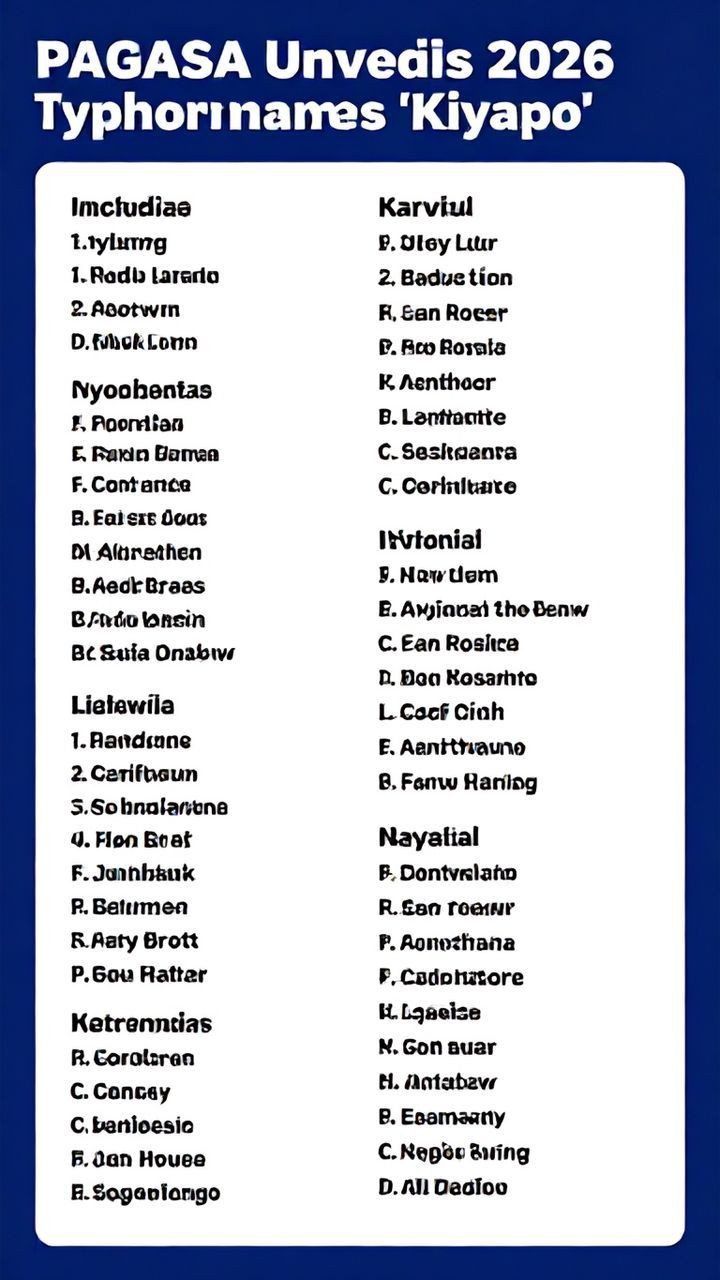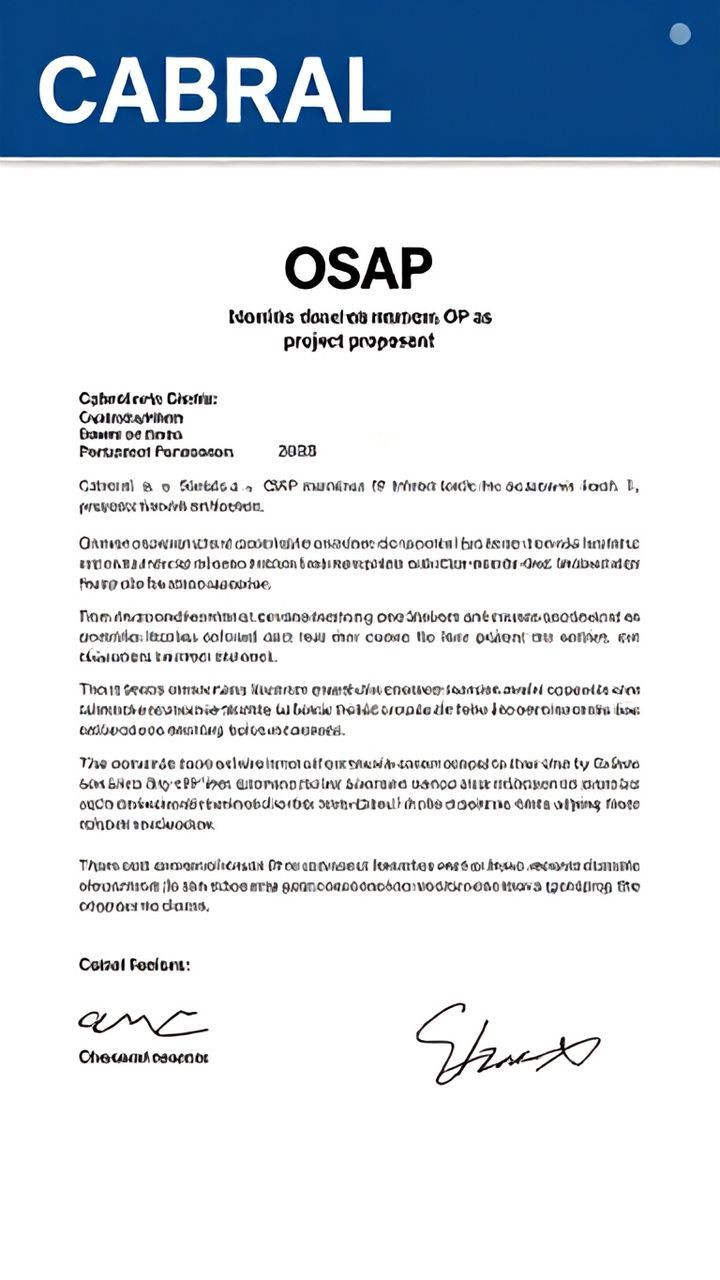
The Elusive Negotiation Trump's Quest to End the Ukraine War
The Elusive Negotiation Trump's Quest to End the Ukraine War
The Elusive Negotiation Trump's Quest to End the Ukraine War
As President Vladimir Putin continues to drive forward with his military campaign in Ukraine, the prospects of negotiations between the two leaders remain uncertain. Despite both sides signaling a willingness to discuss the conflict, experts caution that any talks will be futile without a fundamental shift in Russia's objectives.
This blog post delves into the complexities surrounding Trump's efforts to negotiate an end to the war in Ukraine, exploring the challenges, motivations, and potential outcomes of such discussions. With nearly three years having passed since Putin's troops invaded Ukraine, it is essential to examine the current landscape and consider the implications for international relations.
The Current State of Play
Putin's forces have made steady progress on the battlefield, leaving Ukraine facing significant military and economic challenges as a result. The conflict has resulted in thousands of deaths, millions of displaced persons, and widespread destruction.
Trump's administration has been vocal in its criticism of Putin's actions, with President Trump himself stating that he would not have allowed the conflict to start if he had been in office earlier. In recent months, Trump has threatened Russia with additional tariffs, sanctions, and oil price cuts in an effort to pressure Moscow into ending the war.
The Challenges of Negotiation
Any negotiations between Trump and Putin will need to address several key challenges
1. Russia's Objectives Putin's primary objective is to maintain control over Crimea and secure Ukrainian neutrality. Any concessions on this front would require significant changes to Ukraine's political and military landscape.
2. Ukraine's Sovereignty The Ukrainian government has been adamant that any negotiations must prioritize its sovereignty and territorial integrity.
3. International Pressure The international community, including the European Union and NATO, have been vocal in their condemnation of Russia's actions. Any negotiation would need to take into account these external pressures.
The Role of Trump
As President Trump seeks to negotiate an end to the war, several factors will influence his approach
1. Domestic Politics The Trump administration has faced criticism for its handling of international crises, including the Ukraine conflict. Negotiations could be seen as a means to demonstrate progress and improve public perception.
2. Economic Interests Trump's focus on trade and economic issues may lead him to prioritize negotiations that benefit American industries, such as oil and gas production.
3. Global Leadership As the President of the United States, Trump will seek to demonstrate his ability to shape international relations and resolve complex conflicts.
The Path Forward
While the challenges of negotiation are significant, there are potential solutions to be explored
1. Economic Incentives The United States could offer economic incentives to Russia, such as increased trade or investment opportunities, in exchange for concessions on Ukraine.
2. International Cooperation The international community could come together to pressure Russia and support Ukrainian sovereignty through collective action.
3. Military Leverage The use of military force or the threat thereof could be employed to influence Putin's decision-making.
Conclusion
The prospect of negotiations between Trump and Putin is complex, with multiple challenges and motivations at play. While there are potential solutions to be explored, it remains unclear whether the two leaders can overcome their differences and achieve a lasting peace in Ukraine.
As we move forward, it will be essential for policymakers to consider the long-term implications of their decisions and prioritize the sovereignty and territorial integrity of Ukraine. Only through careful consideration and strategic action can we hope to bring an end to this devastating conflict.
References
1. Connolly, R. (2022). Russian Military and Economic Expertise.
2. Carnegie Russia Eurasia Center. (2022). Ukraine's Future A Complex Web of Interests.
3. International Crisis Group. (2022). Ukraine The Search for Peace.
Statistics and Data-Driven Insights
1. According to the United Nations, over 13,000 people have been killed in the conflict since 2014.
2. The World Bank estimates that Ukraine's GDP has contracted by nearly 10% since the onset of hostilities.
3. A recent survey found that 75% of Ukrainians believe their country is not receiving sufficient international support.
Keywords Trump, Putin, Ukraine, Negotiation, Conflict Resolution, International Relations, Sovereignty, Territorial Integrity






